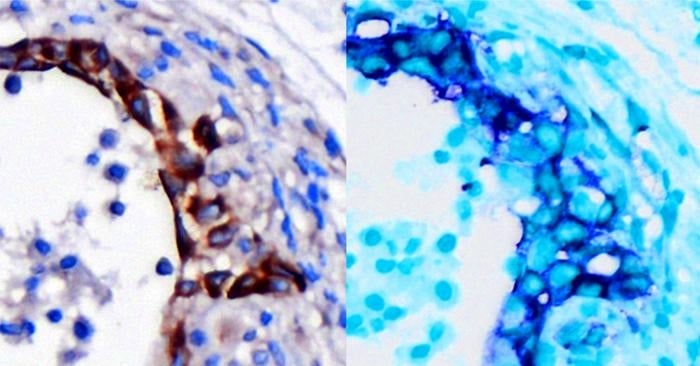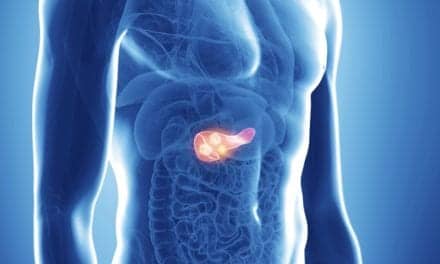Summary:
UC San Diego researchers have discovered how cellular stress and inflammation drive pancreatic cancer progression via the STAT3-ITGB3 pathway, offering potential for earlier detection and targeted treatment.
Takeaways:
- STAT3 Activation Triggers Cancer Progression: Inflammatory stress activates STAT3, which in turn upregulates ITGB3, accelerating pancreatic tumor initiation and progression.
- New Predictive Gene Signature Identified: The researchers developed a 10-gene “STRESS” signature that more accurately predicts pancreatic cancer development and aggressiveness.
- Implications for Early Detection and Treatment: These findings could lead to precision medicine tools for early screening and tailored therapies, including drugs that block inflammation-driven tumor growth.
Precancerous cells must adapt to and overcome cellular stress and inflammation in order to progress and form malignant tumors. Now, researchers at University of California San Diego School of Medicine have identified a link between stress and inflammation and pancreatic ductal adenocarcinoma (PDAC), one of the most aggressive and lethal types of cancer. The findings could serve as an early warning system for the disease, leading to the detection of PDAC before it becomes life-threatening.
Cellular Stress and Inflammation Activate STAT3
Previous studies have shown that inflammation and cellular stress activate a protein called STAT3—short for signal transducer and activator of transcription 3—in pancreas cells, promoting tumor initiation, adaptation to stress and resistance to treatment. How STAT3 accomplishes this has not been understood until now.
In the current study, the researchers discovered that in some pancreatic cancer cells, STAT3 is able to activate specific genes critical for adaptation to stress and inflammation. They found:
- In the presence of inflammatory proteins and stress induced by low oxygen levels, STAT3 turned on a gene called Integrin β3 (ITGB3) in mouse and human pancreas cells.
- ITGB3 expression promoted the initiation and accelerated the progression of PDAC tumors.
- Inflammation and cellular stress caused by chemotherapy also activated STAT3, increasing ITGB3 expression in PDAC cells.
- Blocking the STAT3 inflammatory pathway that regulates ITGB3 delayed tumor initiation.
- STAT3 induces the expression of 10 genes including ITGB3 that represent a gene signature the researchers dubbed “STRESS” that predicts the outcome of pancreas cancer.
- Relative to existing gene signatures, the STRESS signature better predicted not only whether cells would later develop into full-blown pancreatic cancer, but also predicted the aggressive state of the tumor.
Findings Can be Applied to Precision Medicine
The researchers believe the findings can be applied to precision medicine, developing early screening tools that recognize precancerous cells. It could also help clinicians and identify which patients are more likely to develop aggressive cancers and which ones will respond better to traditional pancreatic cancer treatment as the disease progresses to later stages, according to senior author of the study, David Cheresh, PhD, distinguished professor and vice chair for research and development in the Department of Pathology at UC San Diego School of Medicine and a member of UC San Diego Moores Cancer Center.
They are also beginning to explore molecules that block inflammation from activating ITGB3 in pancreatic cancer as well as other cancers that affect the surface of tissues, including lung, breast and skin cancers in order to prevent tumors from progressing, spreading and becoming resistant to drug therapies.
Featured Image: On the left are pancreas cells showing early stages of malignant cancer in brown. On the right, the same cells stained blue indicate they are Integrin β3 (ITGB3) positive. Image: UC San Diego Health Sciences





